With more people paying attention to Fireboy than ever before, the singer-songwriter recently released his third studio album, Playboy, in the early hours of Friday. Fireboy has put in enough effort to merit the buzz that he is currently receiving from his listening audience, despite being regarded as the music industry’s baby.
The vocalist elaborates on the meaning of the album’s name in his interview on Apple Music Africa. He says the title refers to a young man who decides to step into his superstar elements by deciding to play, express himself, and emerge out of his shell. “It’s time for me to actually step out and enjoy the fame,” he says.
Artists like Asake, Euro, Chris Brown, Shenseea, Rema, and Ed Sheeran are included on the 14-track album. With accolades to prove it, Fireboy has been able to forge a solid reputation for himself over the years in the Nigerian music industry. He has established himself as the undisputed king of his genre and has an advantage over his rivals.
With the enormous success of his 2021 hit single, which is also a track on the album, Peru, Fireboy is determined to leave his mark on the history of Afrobeats. Being a global smash, he collaborated with UK musician, Ed Sheeran, on a remix which charted number 2 on the UK Charts. The enormous success of Peru has made it seem certain that Fireboy will go down in the annals of Afrobeats.
Change is the opening track on the Playboy album, swimming in the piano instrument. In the song, he says that his “life is about to change,” but it’s unclear from the song whether he seems ready to accept the change that comes with his music’s increased popularity. For an opening track, someone give the artist his flowers for giving the best intros to his albums.
On Bandana, the vocalist collaborates with the Afropop artist, Asake. The track has a reassuring theme and a self-assured vibe. He is confident in the way his words flow and the way his sounds move, as evidenced by the seamless transition from the first track to Bandana.
Contrary to his “disclaimer” that the record is not about a purported fuckboy, Ashawo and Sofri stands as the ideal player anthem. Produced by Telz, Ashawo makes a weak justification for being a Yoruba demon— “na all of us be ashawo,” even if he later contradicts himself. In Sofri, he reveals his disinterest in his woman professing her love to him as the singer is more concerned with their bodies colliding and him spending money on her. His use of chanting and swaying rhythms draws you into the tune.
After releasing Peru as the album’s lead single, Fireboy also releases Playboy. This song makes it clear that the singer’s flow and lyrical skills are unstoppable, and he delights in referencing the stereotypical playboy lifestyle of cruise, flex, women, cocktails, and drugs.
He collaborates with Euro on the sensual love ballad Adore. As a skilled lyricist, he employs his penmanship to infuse melodies with his honesty and emotions before delivering the lyrics in an appealing way. The vocalist presumably doubles as both a playboy and a lover boy; the song is a plain R&B tune with sentiments all over it.
When collaborating with Chris Brown, Rema, and Jamaican superstar Shenseea, Fireboy holds his own. He and Chris Brown, another enthusiast of Afrobeats, sing their hearts out to their women in the song Diana, while Shenseea lends her voice to the song to express the perspectives of women. The Jamaican star, in this writer’s opinion, was not necessary because the song was brilliantly held together by the two male singers before and after Shenseea’s verse faded off the track.
On Compromise, Fireboy and Rema share an electric chemistry similar to that of typical Star Boy Wizkid and Odogwu Burna Boy on “Ginger.” The two top kings in the Gen-Z music scene strive to body each other on the enticing track, which has a silky feel that makes your head swell.
In Timoti, Fireboy shows off his vocal prowess while fully utilizing his Yoruba heritage and making a track that conveys his position in the music industry: “Everybody affirm.. Enemies bow down.” The Burna-boy-style beat in the Kel P song, Fireboy exudes a lot of confidence; if a remix is required, Burna should unquestionably be included.
Afro Highlife is firmly categorized as an afrobeats style as there is no such thing as Afro Highlife. The track sounds like a revived version of Fela’s jam when the crowd vocals are combined with the substantial instrumental content, which includes saxophones and strings. The song is done brilliantly, but for the best listening experience, it should be performed live by a live band channeling the spirit of Fela Kuti.
Havin’ Fun by Fireboy explores the reggae vibe and is ideal for a relaxing beach day. He uses the song as a vehicle to express his gratitude to those who have “never given up” on him. It represents him living a life of appreciation for good things and good people.
The last song on the Playboy album is called Glory. The song veers towards R&B and electric music. As a way of reflecting on his life journey, Glory recounts his struggles while attempting to ascent the success ladder in the music industry. He rehashes his hustles in Lagos with his colleagues and the many obstacles he experienced by repeatedly repeating the lyrics and by this, it looks as if his creative flow had been reduced by a small amount.
For a third body of work from such a distinguished performer, the album does reasonably well. Although some of the songs have flaws and poor replay value, this author believes Adore to be the best track on the album. As the fierce songwriter whose hem cannot be touched, Fireboy remains motionless. If you enjoy the album without comparing it to his debut and sophomore albums, LTG and Apollo, you’ll like it despite the ‘undotted’ I’s and uncrossed t’s.
Listen to the album below


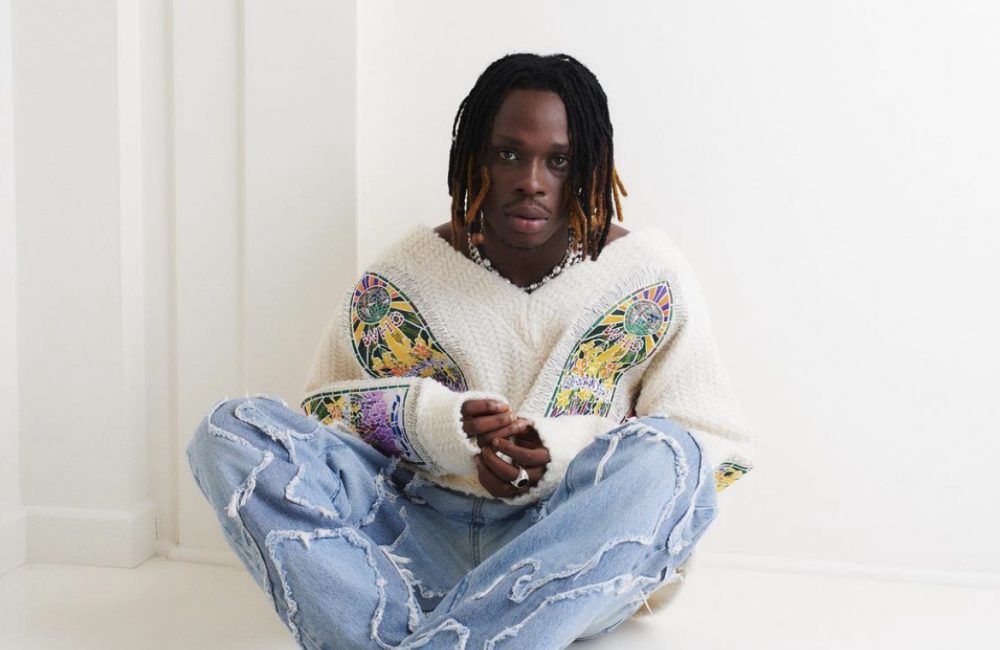

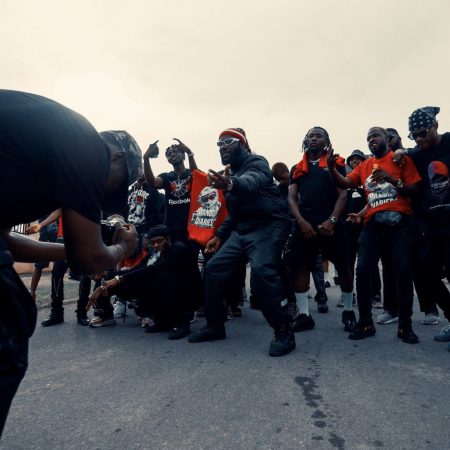


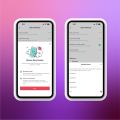
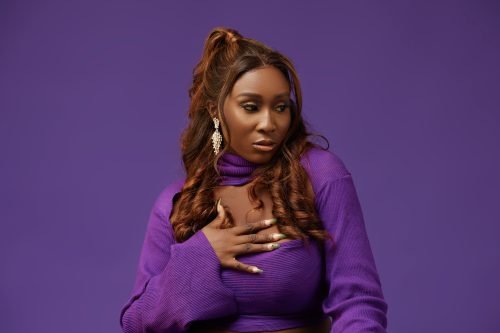
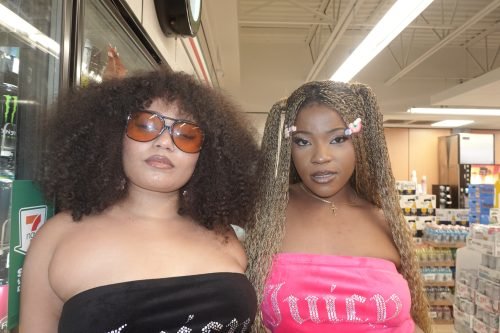
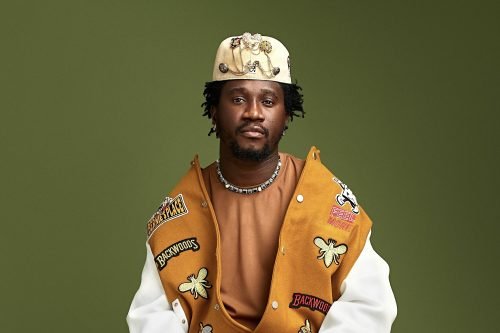
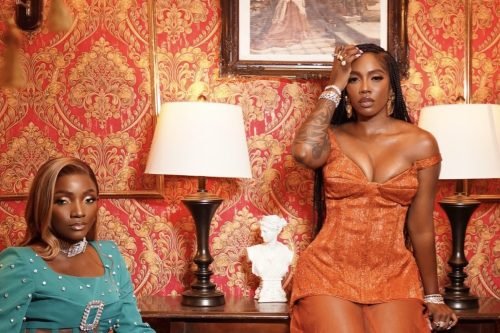
Leave a Reply